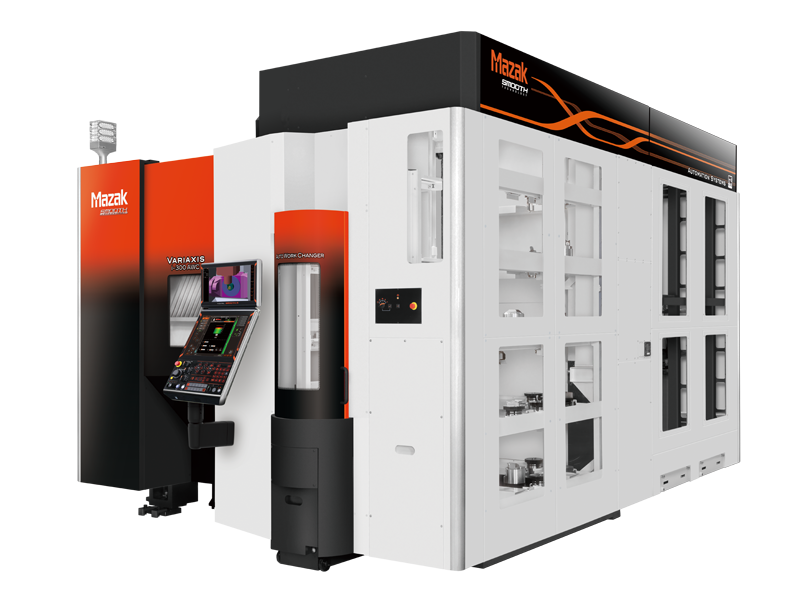What 5-Axis Machining Capabilities Tell You about a Machine Shop

Regardless of whether your project requires multi-axis machining capabilities, it’s in your best interest to work with a precision machine shop that has them. By investing in advanced technologies such as 5-axis machining, shops demonstrate core qualities that benefit all customers. Sophistication 5-axis machines make it exponentially easier to manufacture complex parts. With equipment like […]
6 Benefits of Electropolishing for Stainless Steel Parts
Selecting the right finishing treatment for precision machined parts can be overwhelming—there are so many options to choose from, each with their own unique characteristics. Today, we’re demystifying a lesser-known but ideal treatment for many stainless steel parts: electropolishing. Electropolishing is an excellent choice for certain aerospace and medical applications. Although the technique isn’t new, […]
4 Ways Reata’s Automation Solutions Benefit Customers

At Reata Engineering, we never shy away from future-facing technologies that help us do more for our customers. In fact, we embrace such advancements with open arms. That’s why we’ve just invested $2 million into new equipment with automated features that will expand our complex CNC machining capabilities. How Reata Engineering Is Growing through Automation […]
Why True Position Is a Precision Machine Shop’s Best Friend
In an ideal world, manufacturers could make parts perfectly all the time. Every customer would have an unlimited budget for materials and labor, and every machine would perform flawlessly under all conditions, repeatedly producing precise replicas of a part made exactly to specifications. In the real world of complex CNC machining, however, slight variations in […]
Considerations for Plating Precision Machined Parts
Plating options such as anodize, chromate conversion coating, and passivation are popular choices for many precision machined parts, offering benefits such as corrosion resistance, increased durability, and enhanced electrical insulation or conductivity. However, when it comes to plating, many contract machining customers are unaware of the full range of options available or what each process […]
How to Convey Intent in Precision Machining Designs
Many factors are involved in precision machining—the design, raw materials, machines, and methodology are just a few. One factor that’s extremely important but sometimes overlooked is a customer’s intent. At Reata Engineering, we care deeply about your intent for a part because, ultimately, it helps ensure the success of your project. If your part doesn’t […]
5 Reasons to Reshore Manufacturing Operations
You may have noticed that reshoring has become a hot topic in the manufacturing industry in recent years, due in large part to the global pandemic disrupting global supply chains and leaving many manufacturing suppliers scrambling to fulfill their customers’ orders. Is now the right time for your company to join others in bringing supply […]
How to Avoid Tolerance Stacking Problems When Designing Mating Parts
If you’ve partnered with a precision machining company to make assemblies or subassemblies, you might already know that mating parts can present tolerance stacking challenges. For our purposes in this piece, let’s talk about tolerance stackups that occur with mating parts. Before manufacturing begins, the tolerances for each part must be calculated together and considered […]
Inside Reata’s Successful Summer Internship Program
The saying, “Be the change you wish to see in the world,” is often credited to Mahatma Gandhi. Whether Gandhi said those words verbatim or not, it’s a principle we can get behind at Reata Engineering. The manufacturing industry faces unprecedented challenges in training, hiring, and retaining skilled workers during a massive labor shortage. But […]
How Lights Out Manufacturing Benefits Precision Machining Customers
As a future-forward precision machine shop, Reata Engineering is always looking for ways to become more efficient so that we can serve our customers better. The Industry 4.0 tools we use in our shop allow us to measure our workload and give us greater visibility into areas for improvement. When analyzing our data, we realized […]
